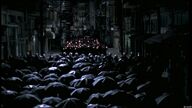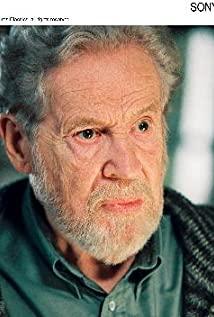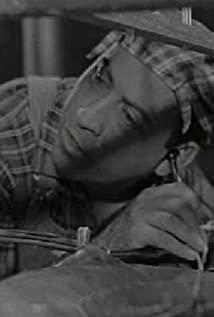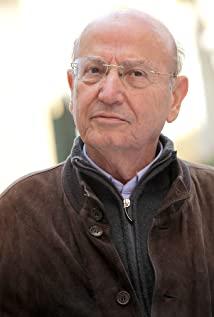Ulysses' gaze.
Like Odysseus who participated in the Trojan War in Greek mythology, the protagonist was exiled, wandered, traveled, and experienced hardship and despair.
The film introduces the Yanaki Manaki brothers, whose work is shot to observe the most ordinary people, one by one. In addition to the extant works, three shadow tapes remain unknown. In order to find these three shadow tapes, the protagonist travels to and fro, where reality and history, dreams and fantasy are intertwined.
The Balkans have been in turmoil since the beginning of the 20th century and remained so until the end of the 20th century. In order to escape the war, the protagonist and his family left their homes and fled to the United States when they were young. But the love for his hometown and the feelings of the people have not diminished. On the contrary, childhood memories and nostalgia have been fermenting in his heart.
Yanaki Manaki has undoubtedly had a huge influence on the protagonist, Yanaki Manaki's observation, gaze, and deep love face the Balkans, trying to explain the misery of this region, the confusion of the nation, and save the soul of himself and the people. The three lost tapes are Yanaki Manaki's final gaze on the Balkans, and the protagonist thinks there is the answer he wants, so he pursues the tapes, willing to be like Odysseus. Or more real, Yanaki Manaki's attitude, life, journey, is the direction of the protagonist, just like Odysseus's pursuit, staring, the protagonist is also eager to answer, eager to explain why this nation is cursed, or at least save your own soul. The three shadow tapes are more of a symbol, symbolizing the gaze of Ulysses and the pursuit of Odysseus. The protagonist’s pursuit of this journey is itself a gaze. He has passed through Albania, Greece, Romania, Bulgaria, Yugoslavia, and the journey of Yanaki Manaki, recalling history, his family’s past, witnessing social and political changes, observing reality, and feeling in fantasy dreams. Yanaki Manaki's feelings. Gaze, both to reality and to history, both to himself and to the outside, and in the end he is the Yanaki Manaki brothers, who, like the protagonist's final monologue, will return, but in different clothes.
View more about Ulysses' Gaze reviews











